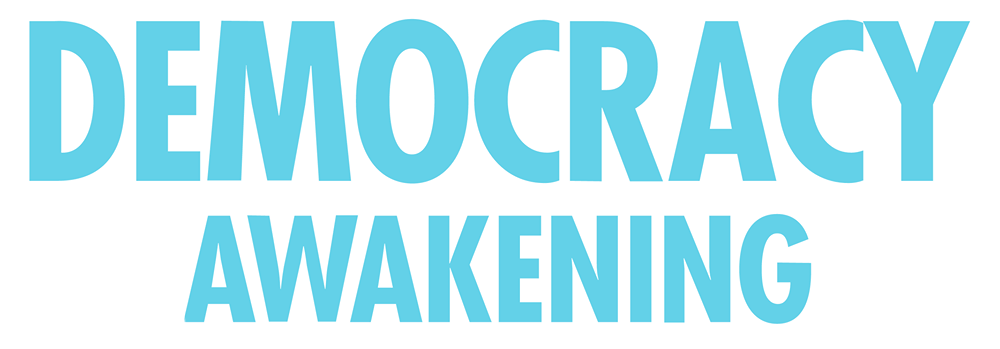Monday, April 18 – Congress of Conscience Day of Action
Right now, too many in Congress are standing in the way of a democracy that works for all of us, including blocking Americans’ very fundamental right to vote. That’s not just wrong—it goes against the very ideas behind our democracy.
When important voices go unheard and calls for justice are ignored, it’s our responsibility to stand up.
On Monday, April 18th, hundreds will come together for a day of mass civil disobedience to save our democracy; will you be one of them? Together, we’ll push for a Congress of Conscience — one that stands up for our democracy rather than stands in its way.
Sign Up to Participate in Monday’s Non-Violent Direct Action
If you signed up to take part in Monday’s non-violent direct action either on this page or the general sign-up page, please complete this form to sign up for a training (response required).
Non-violent direct action and civil disobedience have a long history in the movement to create a democracy that truly is of, by, and for the people. With the Congress of Conscience day of action, we’ll be following in the footsteps of social movements like the Civil Rights Movement and the movement that won women the right to vote.
We know that by taking part in non-violent direct action, we may be risking arrest, and we will prepare for those situations during training. In a perfect world, we wouldn’t have to risk arrest to stand up against injustice, but we’re asking you to join us in this mass day of action because we know that fulfilling the promise of a democracy for us is worth it.
If you do not want to participate in the non-violent direct action, but want to be part of the day of advocacy on Capitol Hill, click on Monday’s “Congress of Conscience Day of Action & Advocacy” checkbox here.
The Congress of Conscience Agenda
We need a Congress that stands up for democracy rather than stands in its way. Here’s the agenda we’re calling for Congress to pass:
- Fair consideration of the nominee to fill the Supreme Court vacancy, including timely hearings and a vote by the full Senate.
- The Voting Rights Advancement Act (H.R. 2867, S. 1659), legislation that would restore the protections against voting discrimination that were struck down by the U.S. Supreme Court in its Shelby County v. Holder decision, and make additional, critical updates to the Voting Rights Act of 1965.
- The Voter Empowerment Act (H.R. 12), legislation to modernize voter registration, prevent deceptive practices that keep people from the ballot box and ensure equal access to voting for all.
- The Democracy For All Amendment (H.J.Res. 22, S.J.Res. 5), a constitutional amendment that would overturn U.S. Supreme Court decisions like Citizens United and allow elected representatives to set commonsense limits on money in elections.
- The Government By the People Act/Fair Elections Now Act (H.R. 20 and S. 1538), a small donor empowerment measure that would encourage and amplify small contributions from everyday Americans.
Our reform agenda is aimed at creating a democracy where every voice is heard and every vote counts equally — in other words, a democracy that works for all of us.
